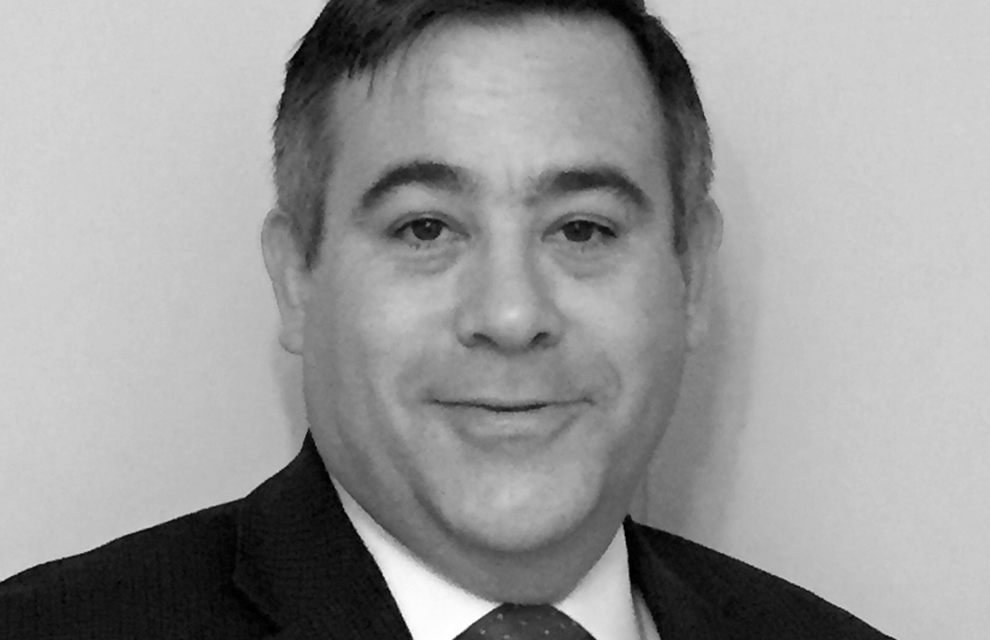North American Fund Administration Association
Chris Meader, founder of the North American Fund Administration Association, discusses his new start-up association, which aims to provide a forum for administrators to understand the risks, concerns and the opportunities the industry is facing
After launching at the beginning of this year, has the North American Fund Administration Association had a good reception in its first month?
I’ve reached out to a number of people in the industry and there is significant interest in this association. There are a lot of people who want to learn more, so I have been having meetings and discussions to share information with as many people as I can in an effort to drive the interest—it’s something that’s long overdue.
Ultimately, from my perspective, going globally initially may be too aggressive. We’ll start with North America where regulation of fund administrators as well as associations focused on fund administration do not exist. Down the road, I could see this having chapters in other jurisdictions.
What was the initial aim for setting up the new association?
The initial aim is to provide a forum for administrators to get together and discuss opportunities and challenges that are happening in the industry. Trying to put some standards for services forward is one of our main goals. In other jurisdictions, and even in the UK, there is some regulation around fund administrators, even if it’s just a capital requirement, or insurance requirement. But in the US, there’s really no requirement.
Anyone can put a nameplate outside their door and call themselves a fund administrator, as long as they can get clients to hire them.
The lack of requirements can lead to some firms doing things which are recognised as high-risk and could lead to fraud. Some may be taking manager marks, they may not have sufficient controls or processes regarding cash transfers or allowing managers to control bank accounts.
The firms that support associations like these know we can’t allow things like that to happen because it creates risk of fraudulent activity by the managers. So that’s another big aim. To be able (as an industry) to come up with some standards, procedures and policies that members agree to abide by and those firms that aren’t willing to abide by those standards will no longer be able to be a member of the association.
What goals have you set for 2018? Where would you like the association to be at the end of the year?
The main goal initially is driving the membership. So in Q1, I will be focused on spreading the word—trying to get as many people interested and signed up as I can.
Ultimately we would like to be able to start setting up committees, such as a valuation practices committee, perhaps a derivatives best practice committee, a regulatory services committee as well as a media and communications committee, where the members will send representatives from their teams to join these committees, then those committees will form those best practices.
It will be ongoing, but the main goal is to get those committees established and have the communications open with the ultimate goal to get standards drafted and discussed and agreed by the members of the committee.
What will the association lobby against?
We understand there is a need for things such as manager marks in some instances, especially in the private equity space. We want to make sure there is a clear standard, when manager marks are taken and to show where they can and cannot be used.
When they are used we’ll identify the type of backup and support that should be gathered and make sure there’s a clear processes in place and justification for why the marks are used.
We also want to ensure other controls are in place such as ensuring that managers don’t have control over the bank accounts used for subscriptions and redemptions. This will avoid scenarios where the managers could take the money and run.
What are your views on regulation in the financial services industry?
Regulations are necessary. We don’t want regulations to be onerous. But we also understand that in order to avoid fraudulent activities, there needs to be some standards set forth. This is where we are seeing this very opportunity. We don’t want regulations to be put in place without the consent of the industry. We’re trying to get ahead of that. The association will be the voice of the industry in North America, we can give our opinion and feedback, and we can provide input from the industry directly on any potential regulation that may come along.
From a US perspective, how much have you been affected by MiFID II?
Most of our potential members are global organisations and because of this they have been impacted by second Markets in Financial Instruments Directive (MiFID II). The US funds, are not impacted, but the majority of our clients do have offshore funds servicing European investors, so they are impacted by it.
While MiFID II is not a US regulation, it would still be something discussed by the organisation, making sure people are comfortable around what’s happening in terms of MiFID II giving members a platform to explain how they are dealing with it.
What are the biggest challenges the industry will face this year?
One of the biggest is cryptocurrencies, defining how they are going to be serviced, identifying how the valuations are going to be done. By some accounts, there’s already about 150 of them identified and the expectations are that they may double or triple in number this year. As these fund types are taking off with so much growth, it is important that administrators understand the risks, concerns and the opportunities for fraud around those funds as well, and then having the correct controls in place to ensure those frauds and risks can be mitigated.



